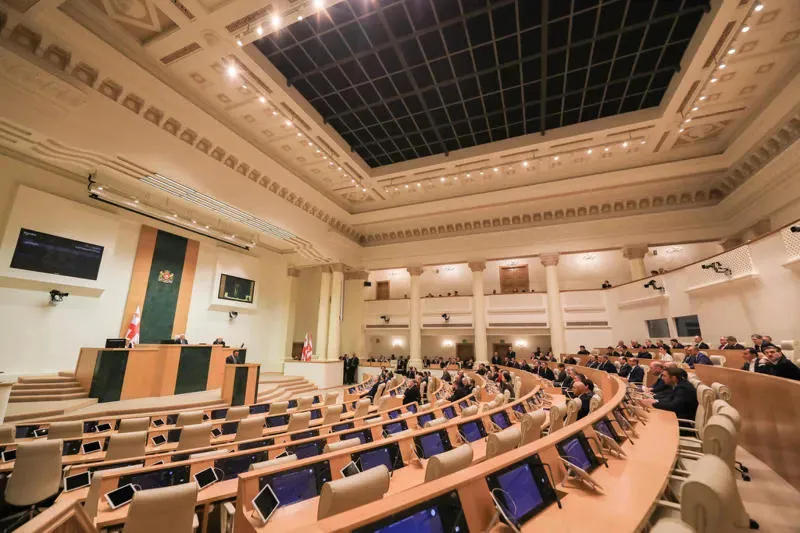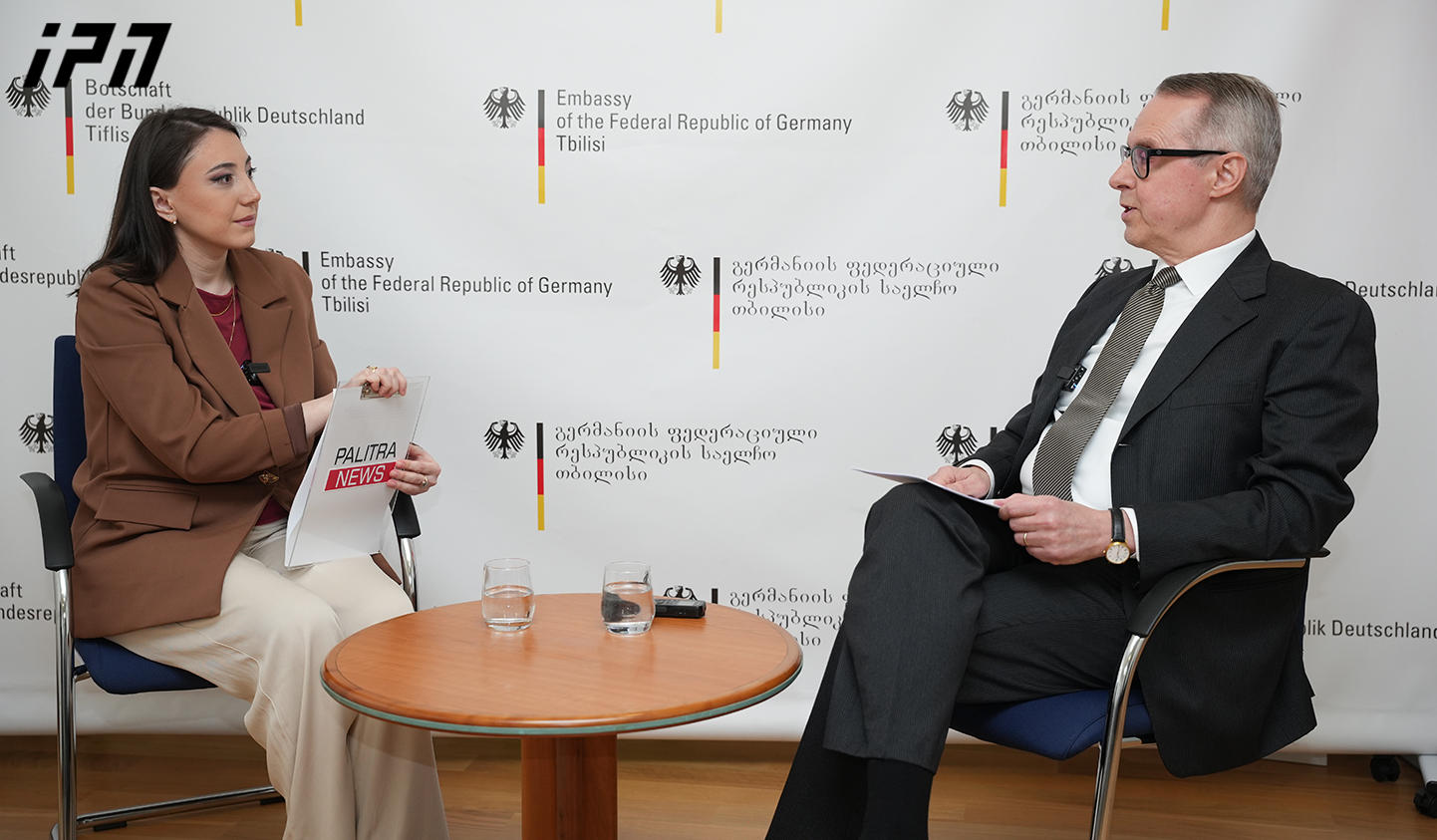Parliament adopts amendments to Law on Freedom of Speech and Expression in the third reading

The Parliament adopted amendments to the Law on Freedom of Speech and Expression in the third reading.
The draft law was supported by 83 deputies. No one was against it. The Georgian Dream considered the draft law in an expedited manner.
A number of articles are being removed from the Law on Freedom of Speech and Expression and issues related to freedom of speech and expression are being regulated in a new way.
The legal norm according to which the burden of proof in cases of restriction of freedom of speech lies with the initiator of the restriction is being repealed, and any suspicion that cannot be proven in accordance with the procedure established by law shall be resolved against the restriction of freedom of speech.
The provision of the law, according to which it is inadmissible that the defendant’s refusal to disclose professional secrets or their source in the cases of restriction of freedom of speech to serve as the sole basis for a decision against the defendant, is also being repealed.
As a result of the enactment of the draft law submitted to Parliament, the burden of proof in court when considering defamation disputes will be shifted to the defendant, while the plaintiff, who has suffered possible moral and reputational damage, will be relieved of the burden of proving the falsity of the facts disseminated by the defendant. In addition, the draft law imposes on the defendant the burden of proving that his statement about the plaintiff did not contain a materially false fact.
The draft law will establish substantive regulation of speech and expression, if it concerns both face-to-face insults and insults in public space.
In addition, the law still in force states that freedom of expression cannot be restricted on the grounds of the inviolability of private life and the protection of personal data in relation to an event, the knowledge of which is necessary for a person to exercise public self-government in a democratic state. The draft law submitted to Parliament also repeals this article of the law.
The article of the Law on Freedom of Speech and Expression, which defines a qualified privilege for defamation, is repealed. In particular, the law removes a provision according to which a person is granted a qualified privilege for a statement containing a materially false fact if: - he took reasonable measures to verify the accuracy of the fact, but was unable to prevent the error and took effective measures to restore the reputation of the person harmed by the defamation; he aimed to protect the legitimate interests of society and the benefit protected outweighs the harm caused; he made the statement with the consent of the plaintiff; his statement was a proportionate response to the statement made by the plaintiff against him; his statement was a fair and accurate report on the event to which public attention is directed.
The same draft law tightens the terms of consideration of defamation cases - the 1-month period established by the court for the parties to settle a defamation dispute is reduced to 10 days.
According to the draft law, if the court considers that the publication of a correction or denial is not sufficient to adequately compensate the plaintiff for the damage caused by defamation, the respondent, at the plaintiff's request, may also be ordered to compensate the plaintiff for the material or non-material (moral) damage caused to the plaintiff.
Also, the 100-day limitation period provided for in the Law "On Freedom of Speech and Expression", during which a person can file a lawsuit with the court regarding defamation, will apply after the new regulations come into force to those statements that were made before the new law came into force, although the 100-day limitation period has not expired.
